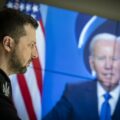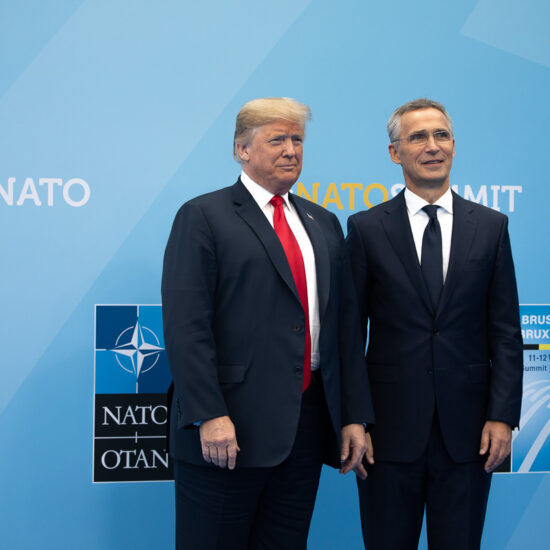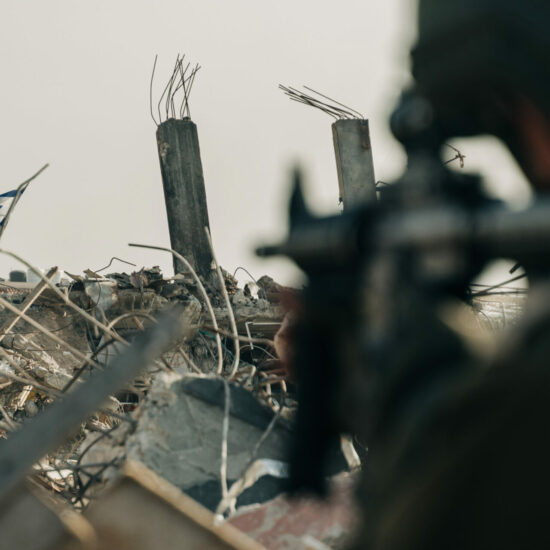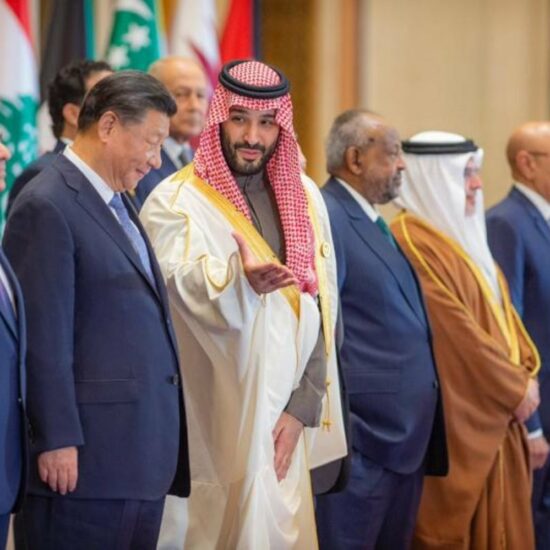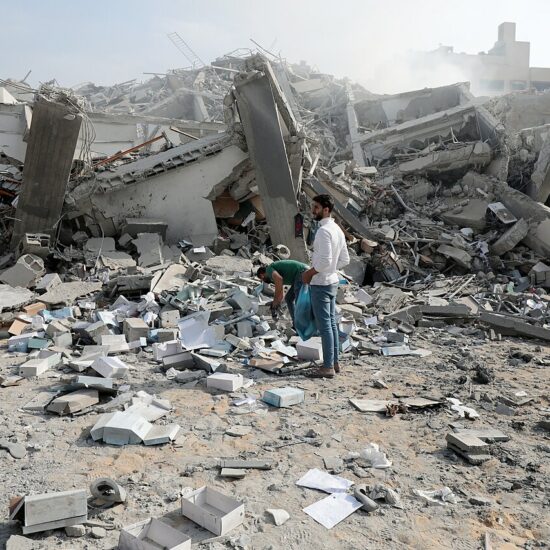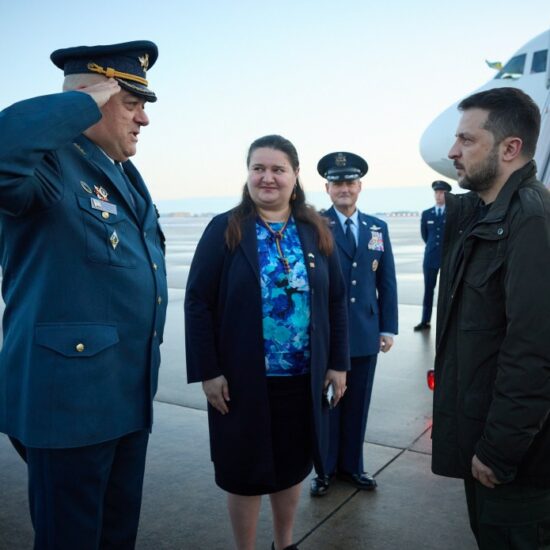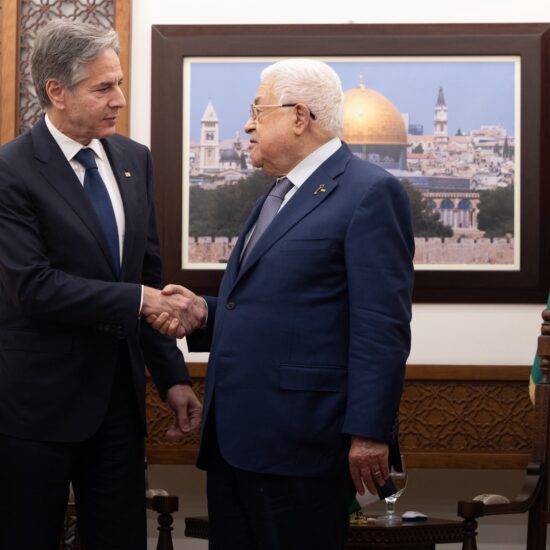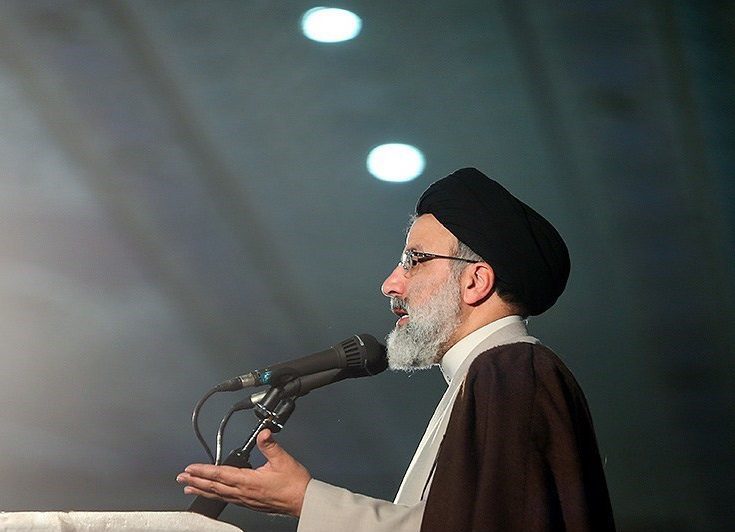
Image credit: Meghdad Madadi
This Foreign Policy Brief is prepared by the IPD Middle East research team.
Nuclear Talks
In his first press conference since election day, Raisi backed the ongoing nuclear talks between Iran and the P5+1 (five members of the United Nations Security Council plus Germany) and expressed the need for a quick conclusion to the talks, asserting that “we will not allow negotiations to be for negotiations’ sake. Negotiations should not be dragged out but each sitting should bear results. A result-oriented [negotiation] is important to us and it should have an outcome for the Iranian nation.” However, he ruled out a potential meeting with US President Joe Biden, following the revival of the nuclear agreement.
Non-nuclear Issues
On regional issues, Raisi rejected the notion of compromising on Iran’s ballistic missile program and the country’s regional posture, describing them as “non-negotiable”. He added that “they [the United States] have failed to deliver on the previous issue [nuclear agreement]. How can they enter other discussions?”, arguing that U.S. abandonment of the nuclear deal serves as an obstacle to negotiations on non-nuclear issues. The ultimate decision regarding follow-on negotiations rests with Iranian Supreme Leader Ali Khamenei and the Supreme National Security Council (SNSC) and it may largely depend on the success of current nuclear negotiations and the economic dividends Iran expects to see from sanctions removal. In April 2015, following the signing of the ‘Lausanne Framework’ and prior to the conclusion of the nuclear talks, Khamenei contended that the nuclear deal serves as a test, and that if the West implements its end of the bargain regarding the nuclear file, there can be discussion on other issues of concern.
Nevertheless, while Raisi ruled out negotiations on regional issues with the West, Iran has been involved in direct security discussions with Saudi officials. The talks have been quietly facilitated by the United States, with reports suggesting that the Secretary of Iran’s Supreme National Security Council (SNSC) Ali Shamkhani has met with Central Intelligence Agency (CIA) director William Burns in Iraq. In the press conference, Raisi discussed relations with Saudi Arabia and noted that, on principle, Iran sees no obstacle to restoring diplomatic ties and re-opening the embassies. During his campaign, Raisi had promised to improve Iran’s relations with its regional counterparts, including Saudi Arabia. Under Raisi, Iran is expected to continue to engage regional stakeholders directly, rather than discussing regional issues with the United States and its European partners.
FATF
Compliance with the Financial Action Task Force (FATF) standards has garnered vigorous debate in Iran’s Expediency Discernment Council. As an ex officio member of the Council, Raisi voted for Iran to delay the full implementation of FATF protocols. However, it is likely that after the revival of the JCPOA and subsequent lifting of sanctions, the Raisi administration will comply with FATF terms to ease Iran’s access to the international banking system. At the time, FATF critics in Iran argued that while under sanctions, providing financial transparency could hinder Tehran’s sanctions-busting efforts.
Foreign Policy Team
Hossein Amir-Abdollahian, a seasoned career diplomat, is the most likely candidate for assuming a key role in Raisi’s foreign policy team and could become a major architect of Iran’s geopolitical posture moving forward. Amir-Abdollahian was the lead negotiator in the 2005 U.S.-Iran talks over Iraq’s political stability, which included three rounds of intense discussions. The former diplomat reportedly has close relations with the moderate conservative figure and Rouhani-ally Ali Larijani, who himself could be another candidate for assuming a prominent role in Raisi’s foreign policy team.
Amir-Abdollahian has extensive experience in regional diplomacy and has taken a leading role in developing the country’s regional policies. It was previously reported that Rouhani and Zarif pushed Amir-Abdollahian out of the Foreign Ministry, after he had served as Zarif’s deputy for Arab and African Affairs during Rouhani’s first term in office. In a recent CNN interview, Amir-Abdollahian described Raisi’s foreign policy as “dynamic and logical with a strong discourse; A discourse that can serve Iran’s interests in all areas.” In response to a question on US-Iran relations under the Raisi administration, Amir-Abdollahian added that the US “has always missed opportunities, and this depends more on the behavior of the American side, especially in deciding what relations with Iran should be.”
In addition, Mahdi Mohammadi—a former nuclear negotiator and current advisor to Iran’s conservative speaker of Parliament, Mohammad Bagher Ghalibaf, and Ali Bagheri Kani—former top diplomat in the nuclear talks and current deputy of the Iranian Judiciary’s international affairs department, are both candidates for senior positions within Raisi’s foreign policy and national security team. It has been reported that Ali Bagheri Kani has already been placed in the Iranian Foreign Affairs Ministry to coordinate the transition process.
Finally, Saeed Jalili, Iran’s former chief nuclear negotiator and a conservative presidential candidate in this month’s election might also be considered for the role of the minister of foreign affairs. It is important to note, however, that the Iranian minister of foreign affairs is nominated in direct consultation and tacit approval of the Supreme Leader and his office.
Iran-Canada Relations
On Iran-Canada relations, similar to previous Iranian governments, a Raisi administration will likely be open to restoring diplomatic ties with Canada. As previously mentioned, he has backed Iran’s return to the Joint Comprehensive Plan of Action (JCPOA), known as the Iran Nuclear Deal, an agreement endorsed by the Trudeau government. The possible revival of the JCPOA and Iran’s compliance with FATF protocols will likely facilitate an expansion of financial dealings between the two countries.
The downing of Ukraine International Airlines Flight 752, shot down by an IRGC air defense unit, which resulted in the death of 176 passengers and crew including 63 Canadians, remains a major challenge in Tehran-Ottawa relations. During his tenure as Iran’s head of Judiciary, Raisi promised to prosecute those responsible, asserting that “we have no red lines in addressing all scenarios and persons” regarding Flight 752. Meanwhile, Raisi has close relations with the Islamic Revolutionary Guard Corps (IRGC), and he is unlikely to take any measure that would undermine or negatively impact the IRGC. Following the downing of flight 752, Raisi noted that the “IRGC was the most dedicated institution in searching for the truth.” Iran has claimed that the IRGC air defense unit placed near Tehran’s airport shot down the airliner in an accident due to human error. Canadian officials have stated that Iran has not been transparent in its investigations.
While there have been reports of some arrests, there has yet to be any public information on the judicial proceedings. During Riasi’s tenure, Iran’s Judiciary strongly criticized an Ontario court ruling that blamed Iran for intentionally shooting down Flight 752, holding Iran liable for what the court categorized as an intentional act of terrorism. Iran’s judiciary dismissed the verdict as “emotional, unscientific, and based on hearsay”, arguing that Iran’s Judiciary possesses sole jurisdiction over the issue. Going forward, Iran will likely persist with its current negotiating approach, as both countries disagree on accountability and compensation.
Another obstacle in the path of Iran-Canada relations is the amendments to the State Immunity Act combined with the Justice for Victims of Terrorism Act passed during the Harper government in 2012. The two acts combined have waived Iran’s state immunity and Canadian courts have seized Iranian assets in favor of victims of terror. Iran is unlikely to restore diplomatic relations with Canada without full state immunity. However, given the large Iranian diaspora community living in Canada (approximately 300,000-400,000) and the lack of access to consular services for Canadian citizens traveling to Iran, it is likely that both countries agree to facilitate consular services in third country’s embassies.
From a broader perspective, under a Raisi administration, Iran’s priorities will be to improve relations with its regional counterparts, restoring the nuclear agreement to achieve sanctions relief, and counterbalancing relations with the West vis-a-vis closer ties with Russia and China. In this context, in contrast to the Rouhani administration, there will likely be less enthusiasm for restoring diplomatic relations with Canada. On the other hand, given the Raisi administration’s serious backing of the IRGC, a potential designation of the corps as a ‘terrorist organization’ by the federal government, as it is advocated by the Official Opposition, can seriously jeopardize relations between Tehran and Ottawa.
After Trump’s decision to designate the IRGC as a “Foreign Terrorist Organization”, Iran immediately retaliated by designating the United States Central Command (Centcom) as a terrorist entity. Raisi’s administration or the country’s Supreme National Security Council (SNSC) is likely to take a similar stance against Canadian forces in the region in case of a terrorist designation against the IRGC by the Canadian government. It is unclear whether or not the Biden administration will remove the FTO designation as part of its negotiated return to the JCPOA.
Image Credit: Maryam Kamyab

